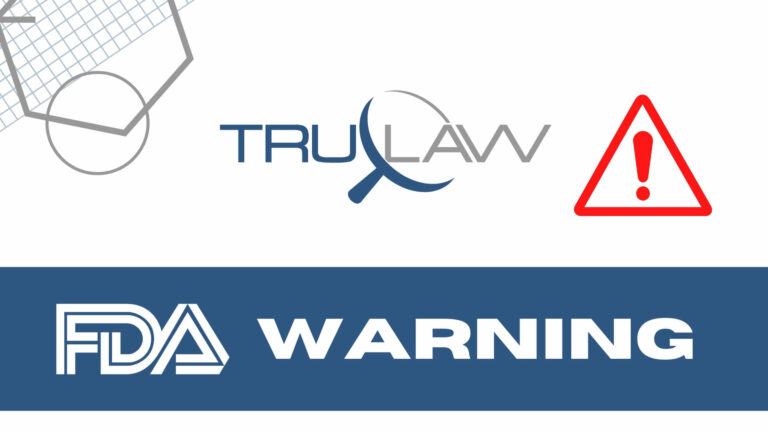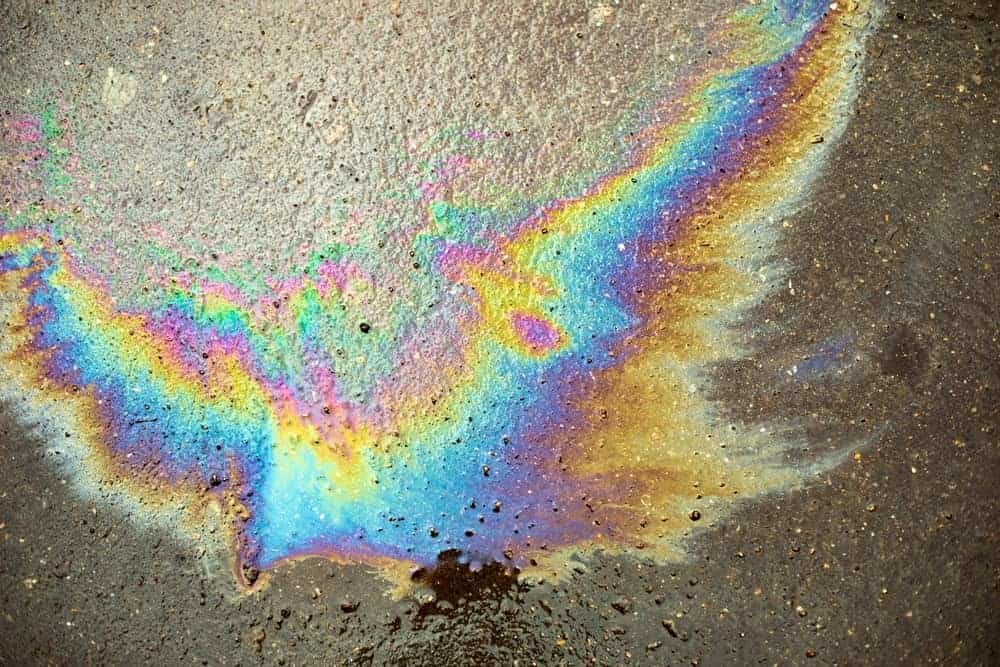November 30th, 2023:
The Department of Justice has identified 16 cases eligible for settlement under an Executive Order (EO), with injuries ranging from kidney cancer to leukemia.
Out of these, two offers were rejected, six expired, and eight are pending.
The Navy has submitted 62 administrative claims under the EO, and 44 are under DOJ review. Of these, 13 claimants meet the EO criteria, resulting in settlement offers. Four offers have been accepted, including a $250,000 payout for a Parkinson’s Disease case and settlements of $300,000 each for non-Hodgkin’s Lymphoma and two Leukemia cases. The total disbursement for the accepted offers is one million dollars.
November 15th, 2023:
More than a year after the federal law allowing compensation for individuals affected by contaminated water at Marine Corps Base Camp Lejeune was enacted, the U.S. government has begun offering settlements and making payments.
According to court records, three individuals have accepted settlements totaling $850,000, with two of them having already received their payments.
The government has issued 23 settlement offers thus far, while a substantial number of administrative claims (over 117,000) and lawsuits (1,300) related to water contamination at the base are still pending.
These claims assert health issues, including cancer and miscarriages, attributed to the polluted water.
It’s estimated that the collective cost of these claims could potentially reach $3.3 trillion.
Furthermore, an unpublished study has indicated elevated cancer rates among those who resided at Camp Lejeune, which could lead to an increase in claims.
These settlements are part of an elective option that offers predefined amounts based on the nature of the illness and the duration of exposure.
This approach aims to expedite resolutions outside of the administrative or legal processes, with payments ranging from $100,000 to $550,000.
The initiation of the Camp Lejeune claims process was set in motion by the Honoring our Promise to Address Comprehensive Toxics (PACT) Act, signed by President Joe Biden in August 2022.
The act acknowledged potential harm to as many as one million people due to water contamination that occurred between 1953 and 1987.
Additionally, the public is still awaiting the release of a significant “cancer incidence study” conducted by an agency within the Centers for Disease Control and Prevention (CDC) regarding the health impacts of exposure to contaminated water at Camp Lejeune during the 1950s to the 1980s.
Despite the study’s conclusion several months ago and its external peer review, it has not been made public yet.
This delay could have implications for over 1,100 lawsuits seeking compensation for individuals who suffered health issues due to exposure to the tainted water.
The study, initiated in 2015, aimed to investigate cancer cases among those exposed to the contaminated water and provide scientific evidence for the lawsuits.
The PACT Act of 2022 made it possible for individuals harmed at Camp Lejeune to file damage claims with the Navy and, if unresolved, pursue lawsuits in federal court.
The delay in releasing the study has raised concerns among veterans and advocates who believe it is essential for establishing the causal link between exposure to contaminants at Camp Lejeune and various diseases.
Some diseases, such as kidney and liver cancer, have stronger associations with the pollutants, while others, like breast cancer, have weaker connections.
There are allegations that the study’s release is being delayed, possibly by the Department of Justice (DOJ) and the Navy, as it may provide stronger scientific evidence for diseases currently categorized as “Tier 2” or lower.
Critics argue that the CDC and its agency, the Agency for Toxic Substances and Disease Registry (ATSDR), should prioritize public health over protecting the government from lawsuits.
November 13th, 2023:
The U.S. government’s position regarding the selection of a “legal representative” for claims related to the Federal Tort Claims Act (FTCA) within the context of the Camp Lejeune Justice Act has given rise to complexities.
There is an ongoing debate about whether this representative should be designated not only by an out-of-state court but also be required to establish an additional estate in North Carolina.
The plaintiffs hold a contrasting view and argue that the CLJA, particularly Section 804(b), permits a “legal representative” to initiate legal proceedings, conforming to the conventional definition of someone handling a deceased person’s estate.
They maintain that it is inappropriate to apply FTCA provisions to CLJA actions because the FTCA does not encompass federal causes of action like those under the CLJA or injuries sustained by servicemembers during their service.
The CLJA is characterized by its distinct federal standards, including a waiver of sovereign immunity, suggesting that FTCA regulations should not generally be applicable to CLJA cases.
November 6th, 2023:
The Camp Lejeune Status Conference, initially slated for November 7, 2023, has been called off. The next conference at Camp Lejeune is now planned for November 21, 2023.
November 3rd, 2023:
In the 3M earplug lawsuit in federal court, Judge M. Casey Rodgers identified fraudulent schemes as scam activities where scammers targeted potential claimants for a mass settlement fund by seeking personal information, mimicking the settlement procedures.
While this pertains specifically to the 3M case, similar deceitful tactics are now surfacing in the Camp Lejeune water contamination litigation.
The Camp Lejeune case gained notoriety due to water supply contamination with toxic chemicals at the Marine Corps Base in North Carolina from 1953 to 1987.
President Joe Biden’s signing of the Honoring Our Promise to Address Comprehensive Toxics Act (PACT) allowed lawsuits previously barred by time limitations.
Over a thousand lawsuits were filed, and the Department of the Navy initiated an administrative settlement procedure known as the “elective option” to manage the surge in claims.
This process is designed to facilitate compensation without prolonged litigation.
However, scammers are taking advantage of this situation by mimicking the legitimate process to lure claimants through emails, phone calls, and fraudulent websites, with the intention to pilfer personal information or money.
Deceptive activities include promising significant payouts, requesting “filing fees,” or misleading claimants into providing sensitive information through phony forms.
Moreover, certain plaintiff lawyers’ marketing tactics might be exaggerating the potential case outcomes, creating false expectations and potentially misguiding clients about the intricacies of the litigation.
This situation underscores a dual warning: potential claimants must remain vigilant against fraudulent activities and should grasp the true complexities of the case when interacting with plaintiff lawyers and law firms involved in the litigation.










